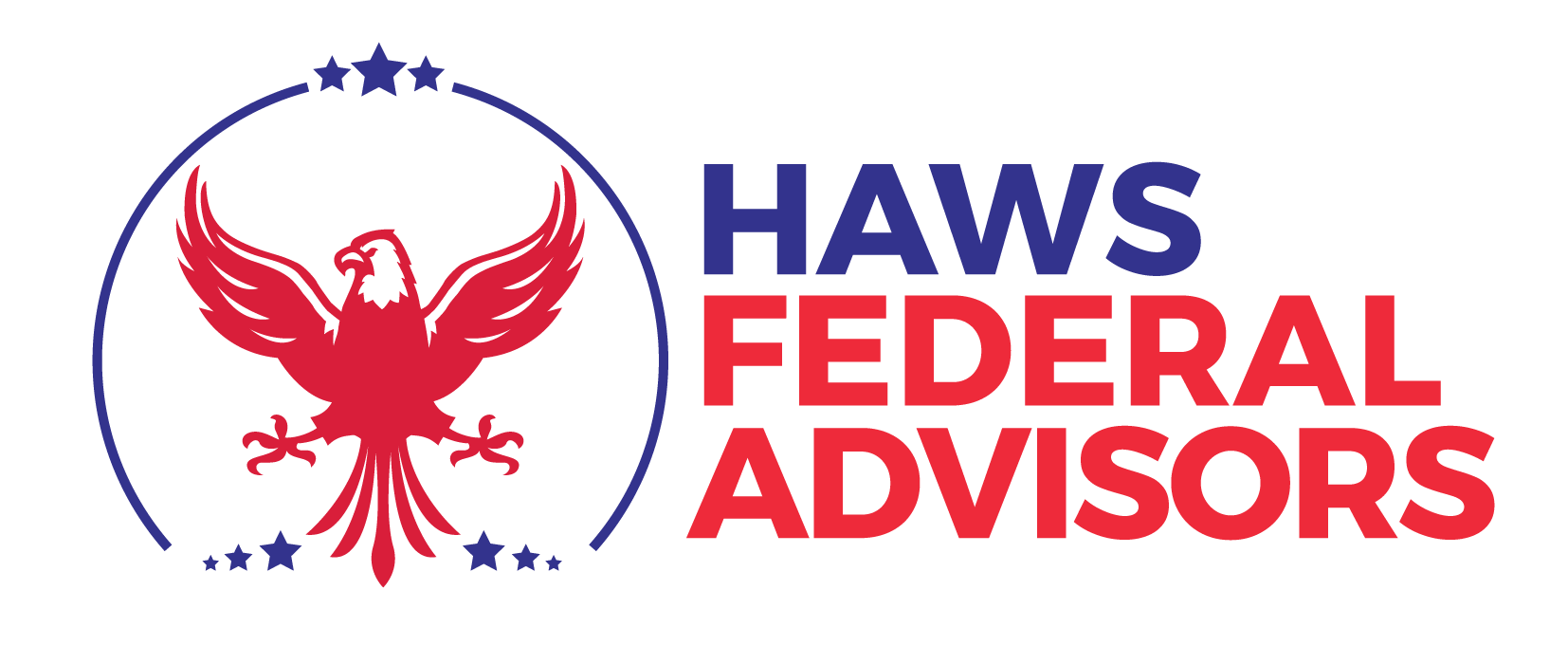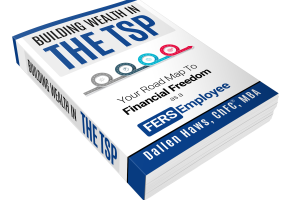Question 1
Can I transfer funds from my ROTH TSP into my ROTH IRA after I retire from the Federal Government or will funds need to be transferred prior to retiring?
Answer 1
You certainly can move money from the Roth TSP to a Roth IRA after retirement and in most cases it is simpler to do after you retire than while you are working.
And in the vast majority of cases that I have seen, you will certainly want to move your Roth TSP over to a Roth IRA at least before age 72 when RMDs (required minimum distributions) start.
This is because a Roth IRA is not subject to RMDs while your Roth TSP is.
Question 2
When you withdraw or initiate a distribution from your ROTH TSP does that count towards your yearly income and potentially put you in a higher tax bracket?
Answer 2
The big advantage of the Roth TSP is that if used correctly, you will never have to pay taxes on the money when you take it out. Or said in other words, it won’t count towards your income or put you in a higher tax bracket when you take money out.
This can also be a huge help if trying to keep the cost of Medicare part B down in retirement as those premiums do increase with your income.
However, there are two criteria that you have to meet to be able to have your Roth TSP earnings come out tax free.
-Be at least 59 and ½
-Had your account open and funded for at least 5 years
However, the money that you contribute into the Roth TSP can always come out tax/penalty free.
The only money that has to meet the criteria above is the earnings from your contributions.
Question 3
I am eligible to retire. I am considering basic life insurance with no reduction. My salary is approximately 84,000. I am 56 years old. How expensive will this be in retirement?
Answer 3
FEGLI can be a helpful tool to get the life insurance you need but it certainly does get expensive as you get older and retire.
While you are working, FEGLI basic is pretty affordable but jumps in price if you choose to keep it beyond age 65.
This chart shows the cost of the coverage:
To put that into perspective, let’s say you have about 100k worth of coverage under FEGLI basic, then you’d pay about $35/month for FEGLI basic while you are still working.
However, once you retire, if you choose to keep 100% of the FEGLI basic coverage then 100k worth of coverage would cost $225/month. This is more than 6x’s your previous price.
FEGLI part B has different rules for how it works in retirement but that gets really expensive as well. You can find FEGLI part B premiums here.
Or you can use this OPM FEGLI Premium Calculator to see how expensive it would be for you to keep your insurance into retirement.


